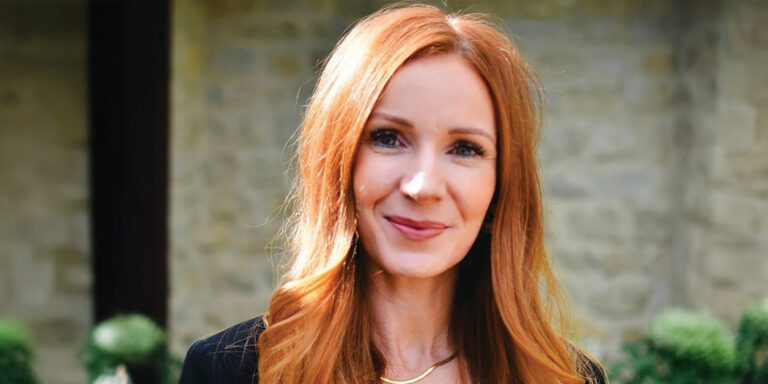In the early 2000s, the position of manager was synonymous with prestige, symbolising professional success, upward mobility and recognition of skills. Being a manager meant taking on major responsibilities, benefiting from a wide range of tasks and, ultimately, the anticipation of promising career prospects. This made it a widely coveted goal and many did everything in their power to reach this position.
However, less than 20 years later, this perception of leadership has changed considerably. Attitudes have shifted and interest in the managerial role has waned, particularly among the younger generation. They are gradually turning away from management roles and looking for positions they can enjoy that are stress-free.
Generation Z don’t want to be middle managers
This new trend, known as ‘conscious unbossing’ – which could be translated as ‘conscious dehierarchisation’ or ‘demanagerialisation’ – reflects young people’s choice to no longer aspire to managerial or middle-management roles. According to a study carried out in September 2024 by British recruitment firm Robert Walters, 52% of Generation Z professionals – born between 1995 and 2012 – do not aspire to become managers, and 16% are adamant they’ll avoid middle-management altogether.
The perception of an imbalance between the personal investment required and the perceived benefits plays a central role in this trend. The same study highlights that 69% of young people consider middle-management positions to be synonymous with high stress for what they see as insufficient remuneration. Many prefer to remain in more operational roles, which they see as less demanding and more rewarding on a day-to-day basis.
Expertise before authority
Generation Z doesn’t reject the idea of leadership, but it aspires to a different model. Young people tend to question traditional authority, including their parents, teachers or other supervisory figures, in favour of another source of information and knowledge: the internet. This questioning illustrates a ‘crisis of authority’, favouring the transition from a hierarchical, vertical society to a more transversal organisation, which is largely supported by social networks and other online and digital resources. There is a new democracy of knowledge and the only form of authority that can impose itself is one based on competence.
“Autonomy, flexibility and concrete achievements are taking priority over the traditional model of climbing the management ladder”
Young managers do not dispute the existence of hierarchy, but they are questioning its traditional model in business. They value authority based on competence and expertise, rather than status or hierarchy. Overall, for young people, the status of ‘boss’ is no longer enough: authority must be legitimised by a manager’s experience and skills. In this ‘unbossed’ culture, the role of the manager is therefore evolving to become that of a guide or facilitator, rather than someone who simply ‘gives out orders’. In this respect, 72% of Generation Z professionals prefer to develop their individual expertise to advance their careers, rather than aim for positions involving team management, according to the Robert Walters study.
Management through ‘organised emptiness’
Conscious unbossing is more than just a passing trend: it embodies a genuine paradigm shift in the way Generation Z views workplace hierarchy. Autonomy, flexibility and concrete achievements are taking priority over the traditional model of climbing the management ladder, where leading teams and occupying middle-management positions was an end in itself.
There are two contrasting types of management: a ‘hands on’ or micro-management approach, featuring processes/procedures, marked out by administrative controls, management boards and plans drawn up by the hierarchy; and a more ‘hands-off’ or ‘laissez faire’ approach, which leaves space for greater freedom and autonomy in the workplace.
However, leaving an ‘empty space’ – without a well-defined job description, and without the benevolent and indispensable figure of a leader – can lead to a feeling of fear and loss of direction.
A model that sits in between these two management styles could be the solution. This hybrid model combines structure and flexibility, and relies on the open sharing of failures, problems and difficulties encountered, in order to transform them into opportunities for progress. This new paradigm, based on a combination of hierarchical (rules) and agile (autonomy) models, offers a managerial posture that is adapted to the expectations and values of young Generation Z employees, while responding to the challenges of today’s professional world.
Therefore, the development of ‘organised empty spaces’, which integrate clear frameworks and reference points, can stimulate creativity, initiative taking and the right to make mistakes as learning experiences. Although young people claim to be ‘entrepreneurs’ in their learning, training, career paths and roles, they need constant feedback from their teams.
Elodie Gentina is a professor at IÉSEG School of Management in Lille, France. She is a key speaker on Generation Z and intergenerational management.
This article is adapted from a feature first published in the spring 2025 issue of Edge.





